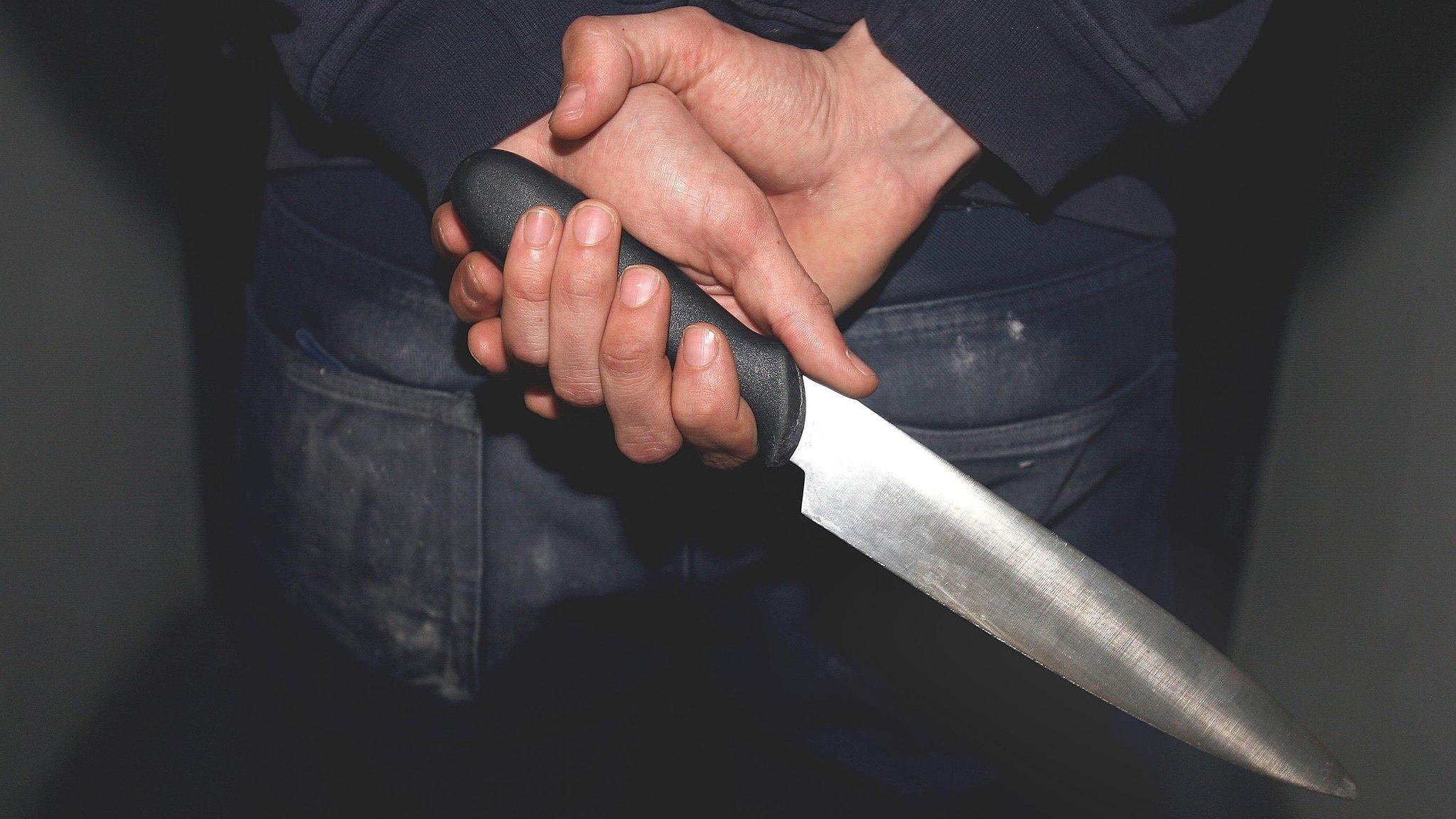Gangs: Call to use stop and search more often on women
- Published
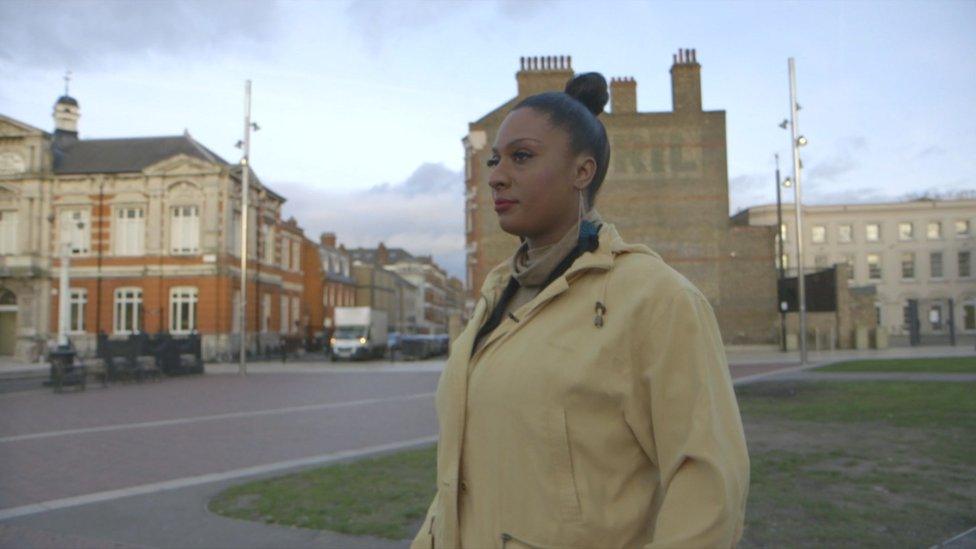
Lucy Martindale is director of anti-knife crime organisation Operation Shutdown
A woman who was "forced" into a gang has called for police to use stop and search powers more often on girls and young women in order to "save them".
Lucy Martindale said she was threatened by men wanting her to hold weapons when she was a teenager in Brixton, south London, as she went between estates.
The 29-year-old believes increased police intervention would allow females to explain they were being groomed.
"I think stop and search could save them," she said.
Ms Martindale, who is director of anti-knife crime organisation Operation Shutdown, was nine when she witnessed the murder of her cousin who was stabbed in the head with a screwdriver.
She said when she was in her teens, she and other girls on her block were told they would be "knocked out, head-butted and violently attacked" if they did not help gang members.
"I went from estate to estate and boys would say to me - if they see a police van patrolling the area - 'here hold this because they are not going to stop you - they will stop us'," Ms Martindale said.
Newsnight: How I joined a gang aged 12
While the use of stop and search has sometimes been controversial, Ms Martindale said she believed if it was "done right, no-one can complain".
She said it would have helped women in situations such as hers.
"You will get to the bottom of why she was carrying the drugs or weapons and that can hopefully save her from the grooming," she said.
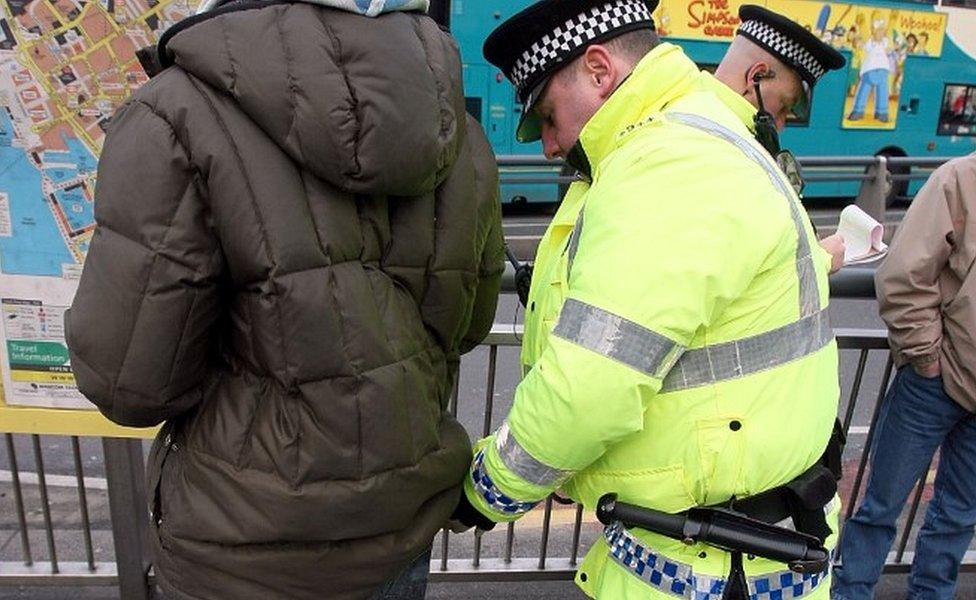
Ms Martindale believes if stop and search is "done right, no-one can complain"
There is little data on women associated or involved with gangs.
The most recent copy of the Met Police's Gang Matrix consisted of six girls and women, compared with 2,546 men and boys.
However, a report published last week by Vauxhall MP Florence Eshalomi involving Freedom of Information requests sent to all of London's boroughs found there were at least 1,049 women and girls who were at risk of gang association.
Ms Eshalomi has called for more research to look into why young women joined gangs along with improved funding to tackle the problem.
Sophie Linden, deputy mayor for policing and crime, said it was "vital that we fully understand the complex causes of violence and its impact on women and girls in London".
Scotland Yard said: "The involvement of young women in gang-related criminal activity across London is largely hidden and undoubtedly under-reported.
"The Met is working hard to better engage with young people and we work closely with the Mayor's Office for Police and Crime (MOPAC), local authorities, charities and agencies like Abianda to offer support and divert women away from gang crime."
- Published23 March 2014
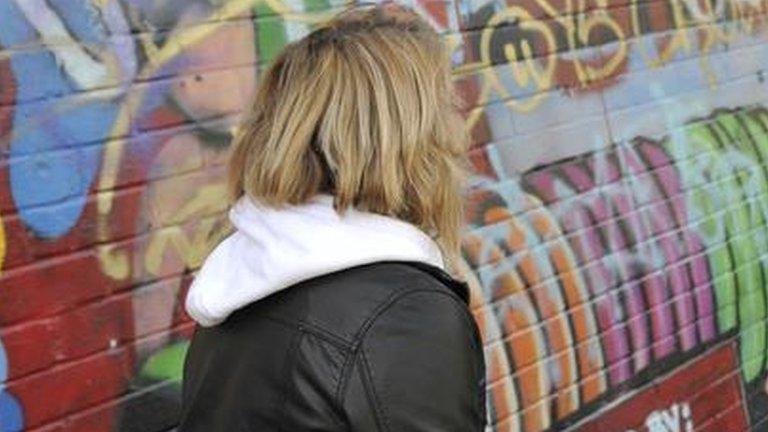
- Published15 February 2020
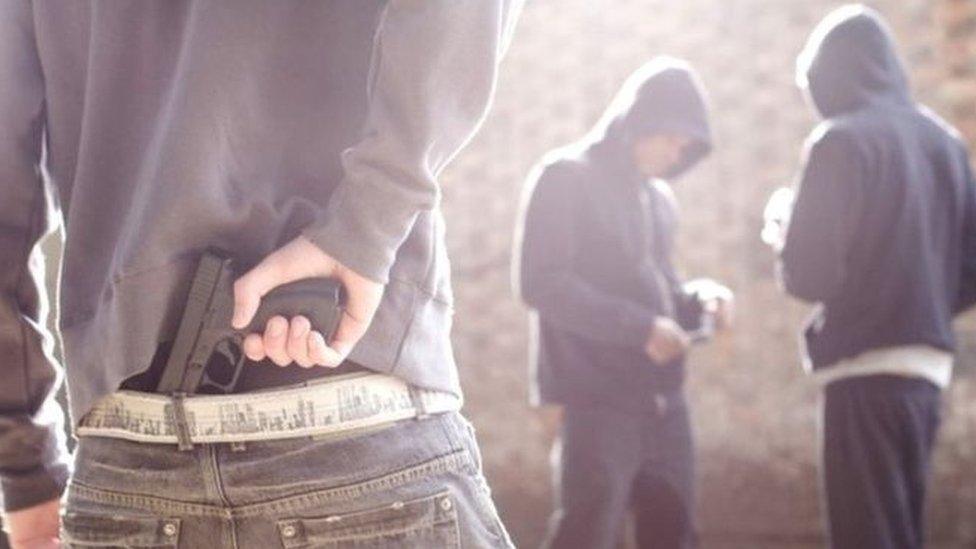
- Published19 September 2019
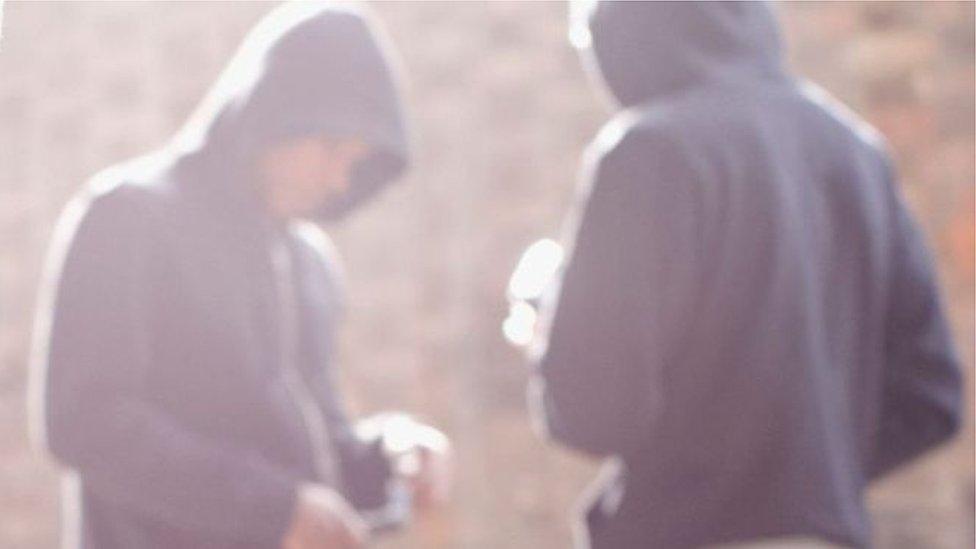
- Published18 July 2019
- Published25 April 2019
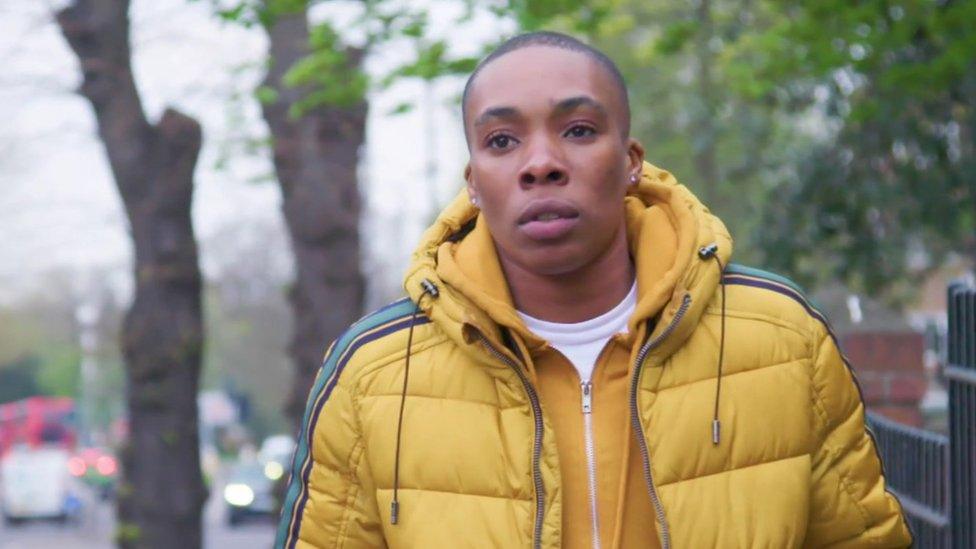
- Published17 April 2019
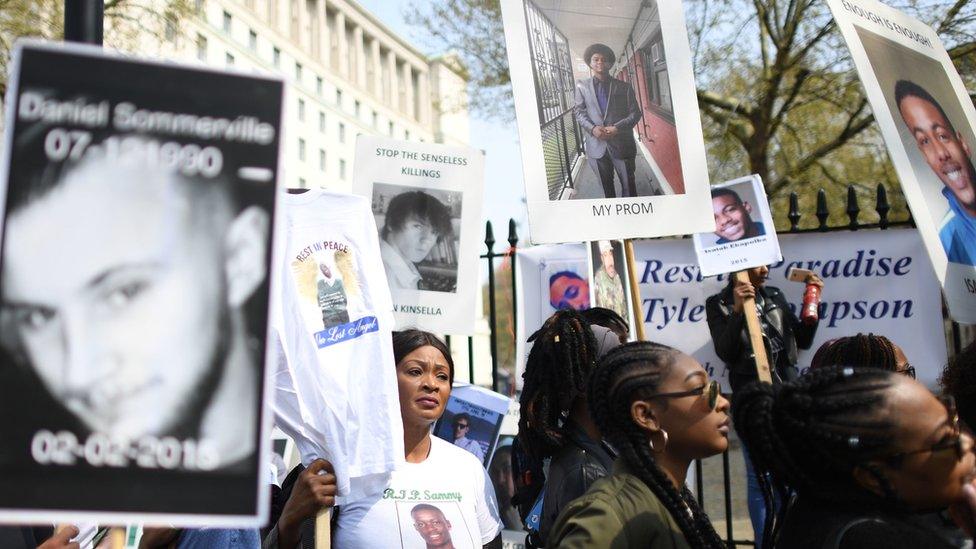
- Published20 March 2018
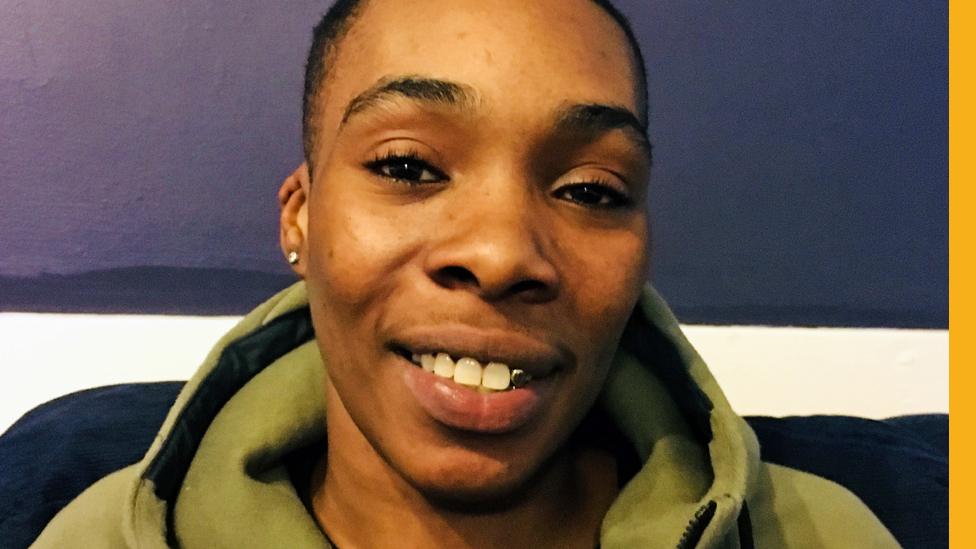
- Published1 November 2017
